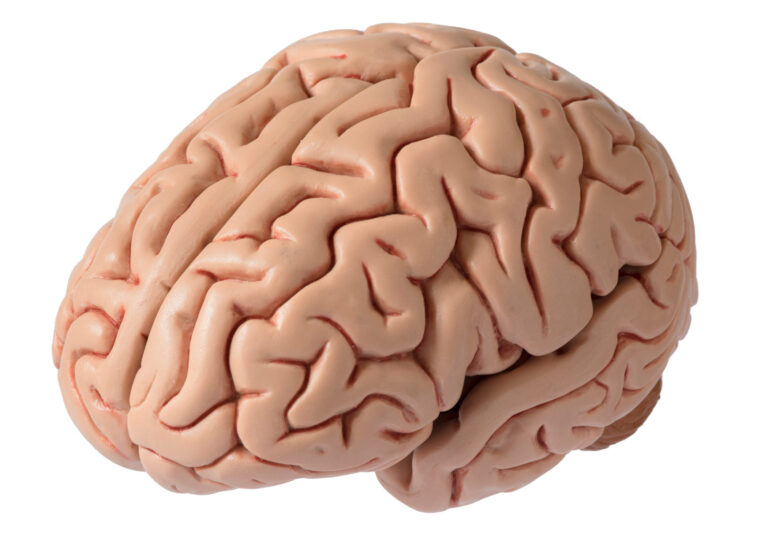Aging is a natural process that affects all of us. As we grow older, we start to notice changes in our physical and mental abilities. One of the most common concerns associated with aging is the potential development of dementia. Dementia is a general term used to describe a decline in cognitive function such as memory, thinking, and reasoning skills. It affects millions of people worldwide and can have a significant impact on individuals, families, and society as a whole. In this article, we will explore the impact of aging on dementia progression and what steps can be taken to potentially slow down its effects.
As we age, our brain undergoes certain changes that can increase the risk of developing dementia. One of the main factors is the buildup of abnormal proteins in the brain, known as amyloid and tau. These proteins can interfere with the communication between brain cells, leading to their death and ultimately causing a decline in cognitive function. Another factor is the decrease in blood flow to the brain, which can deprive it of essential nutrients and oxygen, leading to brain cell damage.
Research has shown that age is the most significant risk factor for dementia. While dementia can affect people of any age, it is most commonly diagnosed in individuals over the age of 65. As we age, our brain’s ability to repair itself also decreases, making it more vulnerable to damage from these abnormal proteins and reduced blood flow. This means that as we get older, our risk of developing dementia increases.
Additionally, certain lifestyle factors can accelerate the progression of dementia in aging individuals. For example, smoking, excessive alcohol consumption, and a sedentary lifestyle have been linked to an increased risk of developing dementia. These habits can cause damage to blood vessels and reduce blood flow to the brain, thereby increasing the likelihood of cognitive decline.
One type of dementia that is particularly impacted by aging is Alzheimer’s disease. It is estimated that two-thirds of all individuals with Alzheimer’s are over the age of 65. In Alzheimer’s disease, abnormal protein deposits and nerve cell damage in the brain lead to memory loss and other cognitive impairments. As we age, our bodies become less efficient at clearing out these abnormal proteins, allowing them to build up and cause more damage over time.
While the impact of aging on dementia progression cannot be completely avoided, there are steps that can be taken to potentially slow down its effects. One of the most important ways is by maintaining a healthy lifestyle. This includes regular physical exercise, a balanced diet, and avoiding harmful habits such as smoking and excessive alcohol consumption. These lifestyle choices can help improve blood flow to the brain, reduce inflammation, and promote the growth of new brain cells.
Additionally, staying mentally and socially active can also have a positive impact on cognitive health. Engaging in mentally stimulating activities such as learning a new skill or participating in social activities can help keep the brain active and potentially slow down the progression of dementia.
It is also crucial to monitor and manage any chronic health conditions that may increase the risk of developing dementia. Conditions such as high blood pressure, diabetes, and heart disease can all affect blood flow to the brain and increase the likelihood of cognitive decline. By managing these conditions through lifestyle changes and medication if necessary, the risk of developing dementia may be reduced.
In conclusion, the impact of aging on dementia progression is significant and cannot be ignored. However, by understanding the factors that increase the risk of developing dementia and making positive lifestyle choices, we can potentially slow down its effects. It is never too late to make healthier choices and take proactive measures to maintain our cognitive health as we age. With proper care and attention, we can improve our quality of life and potentially delay or reduce the severity of dementia symptoms.




